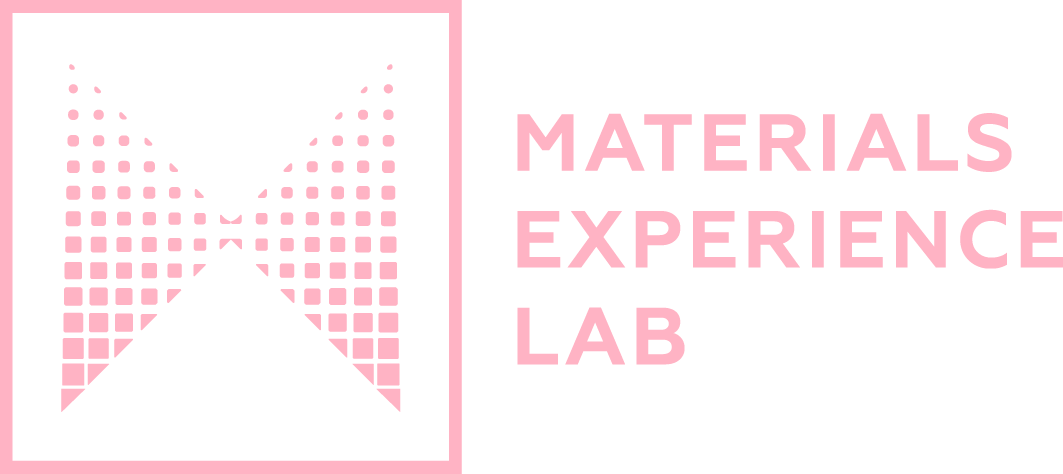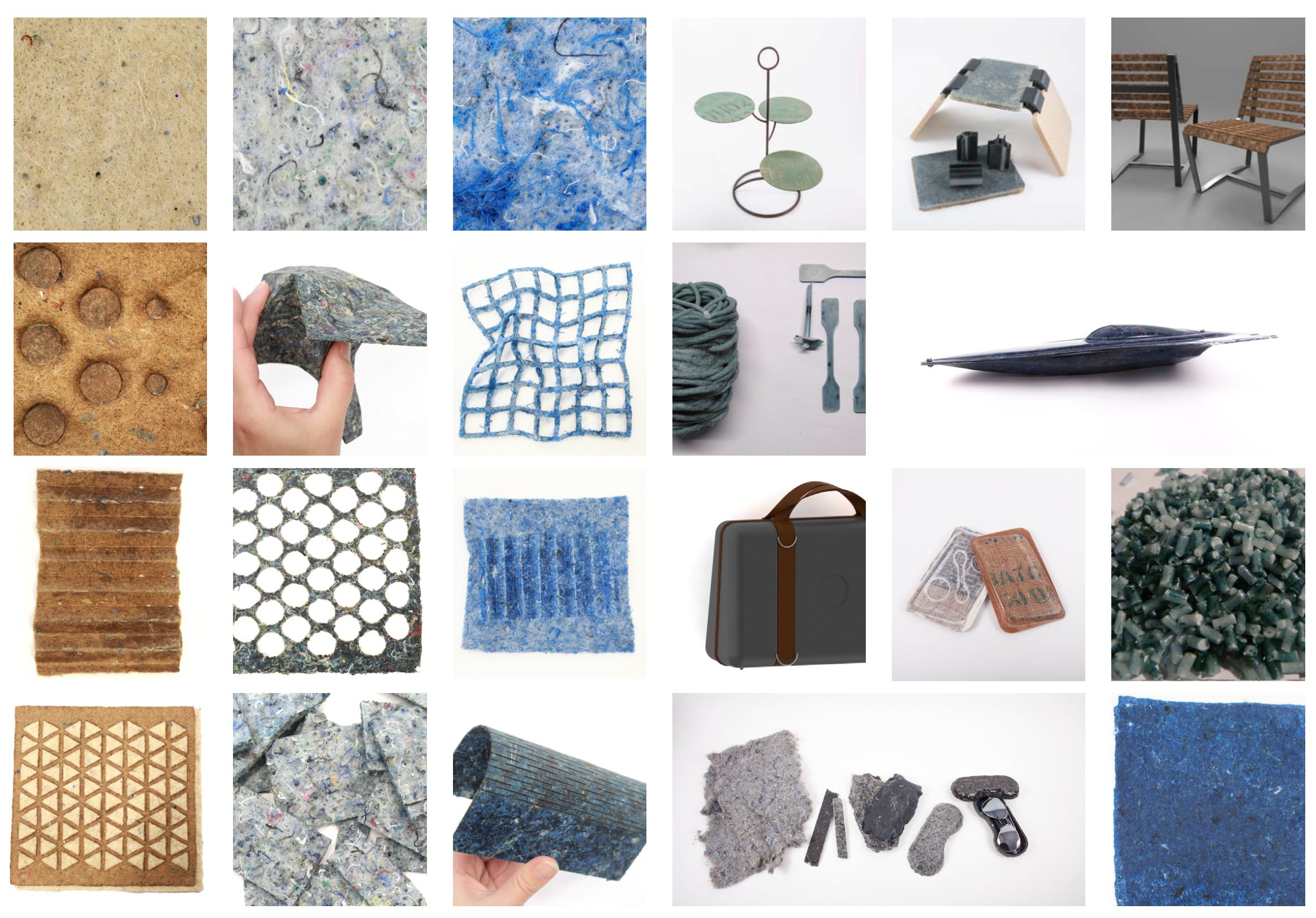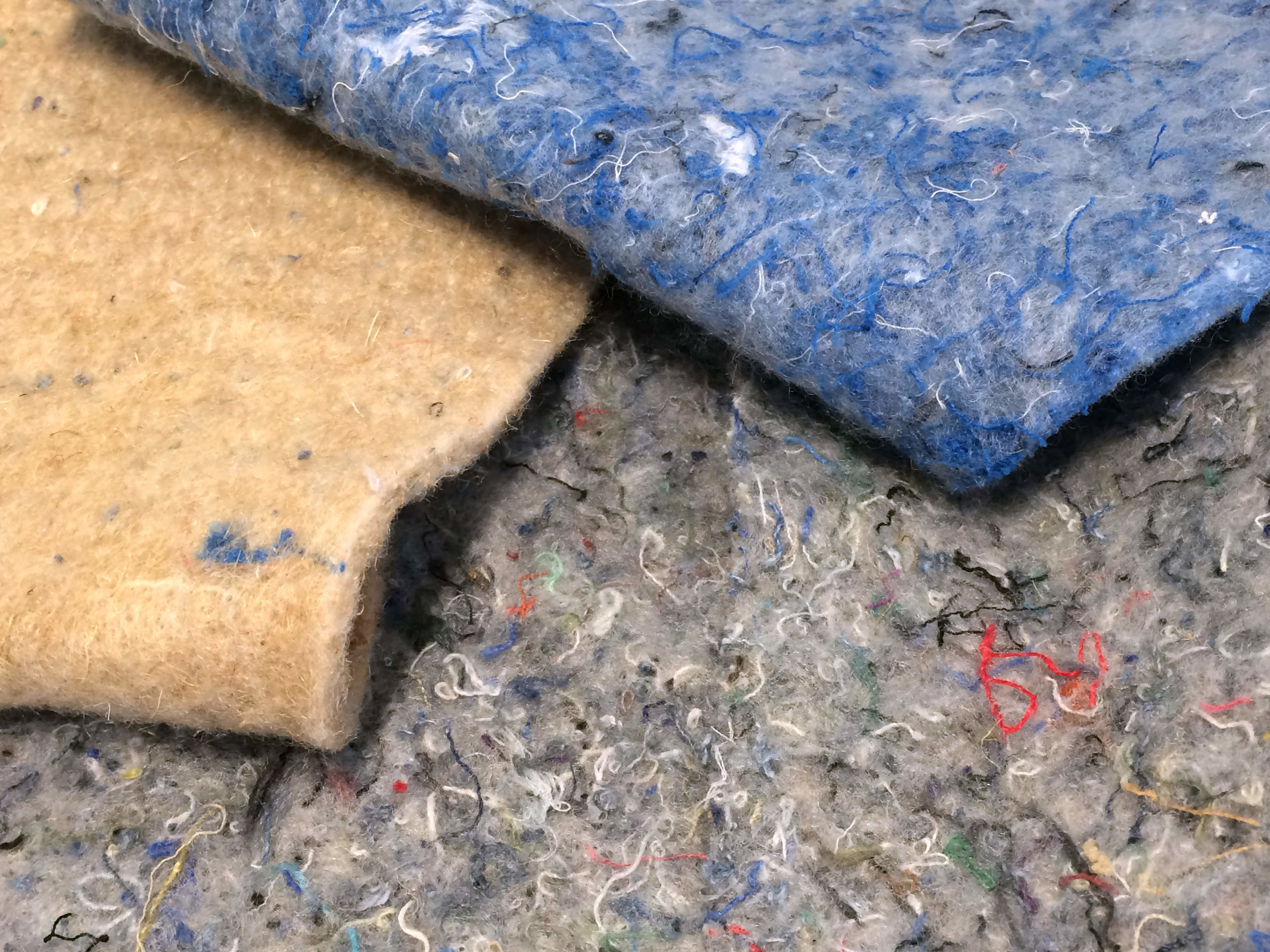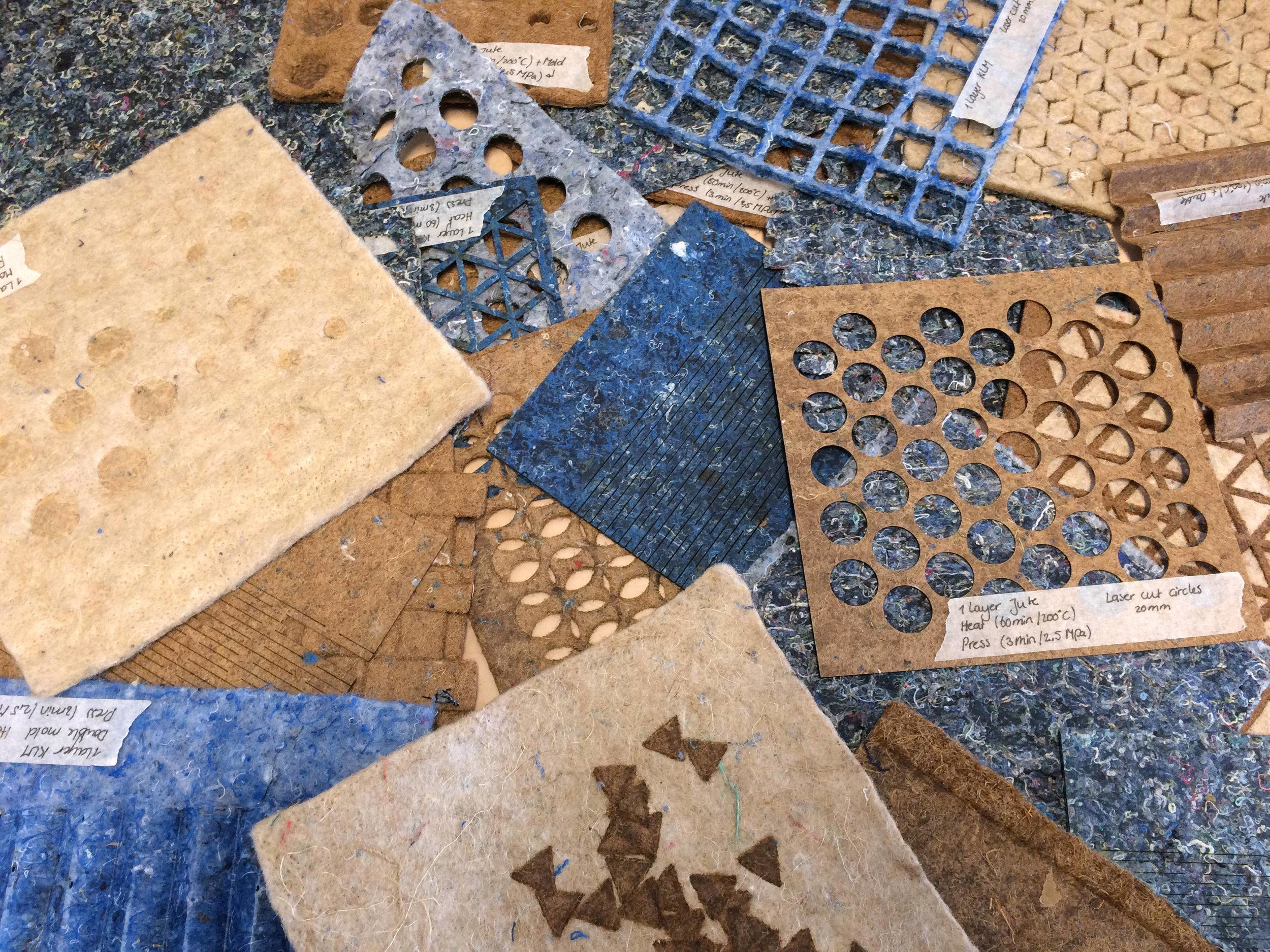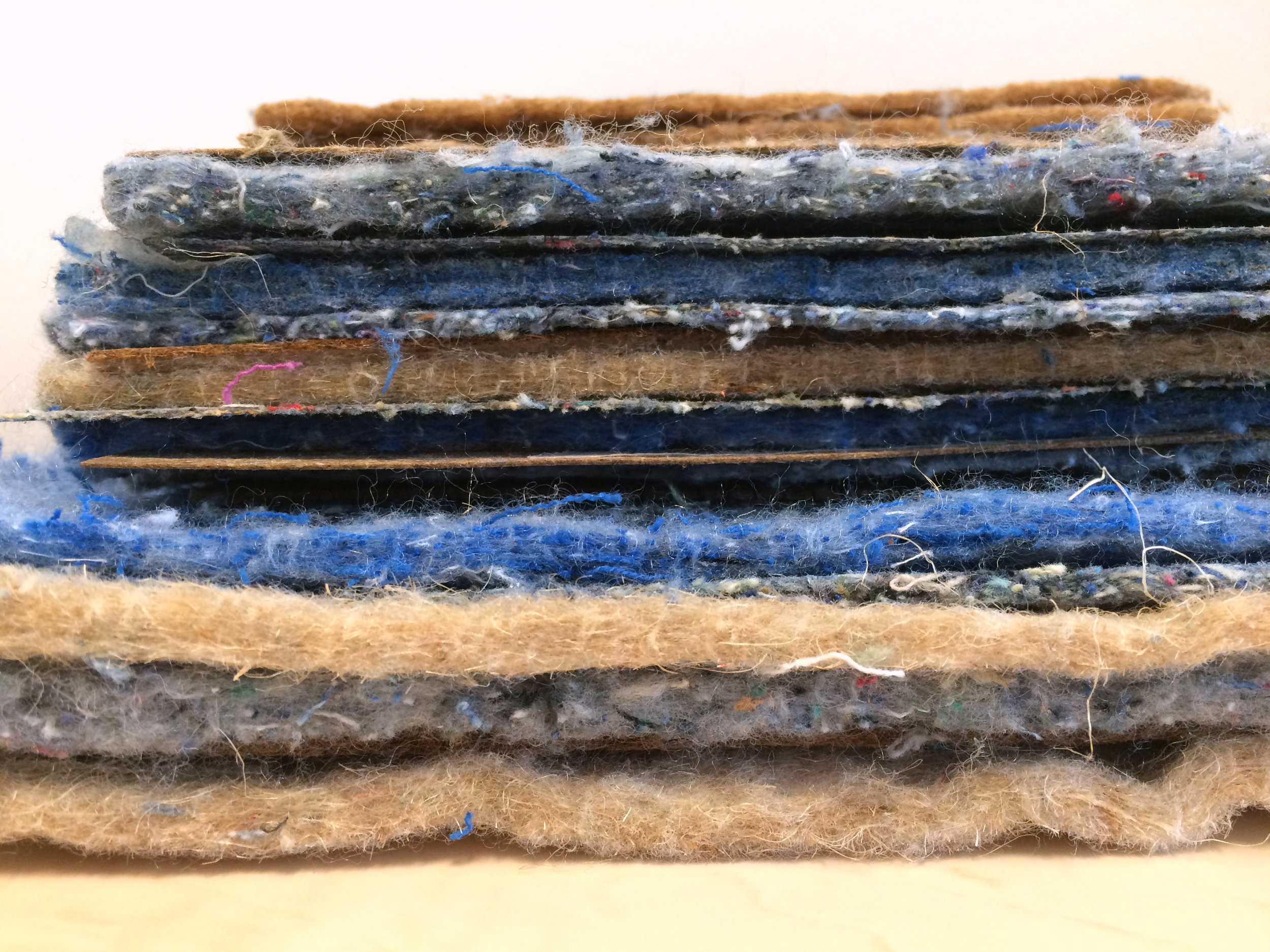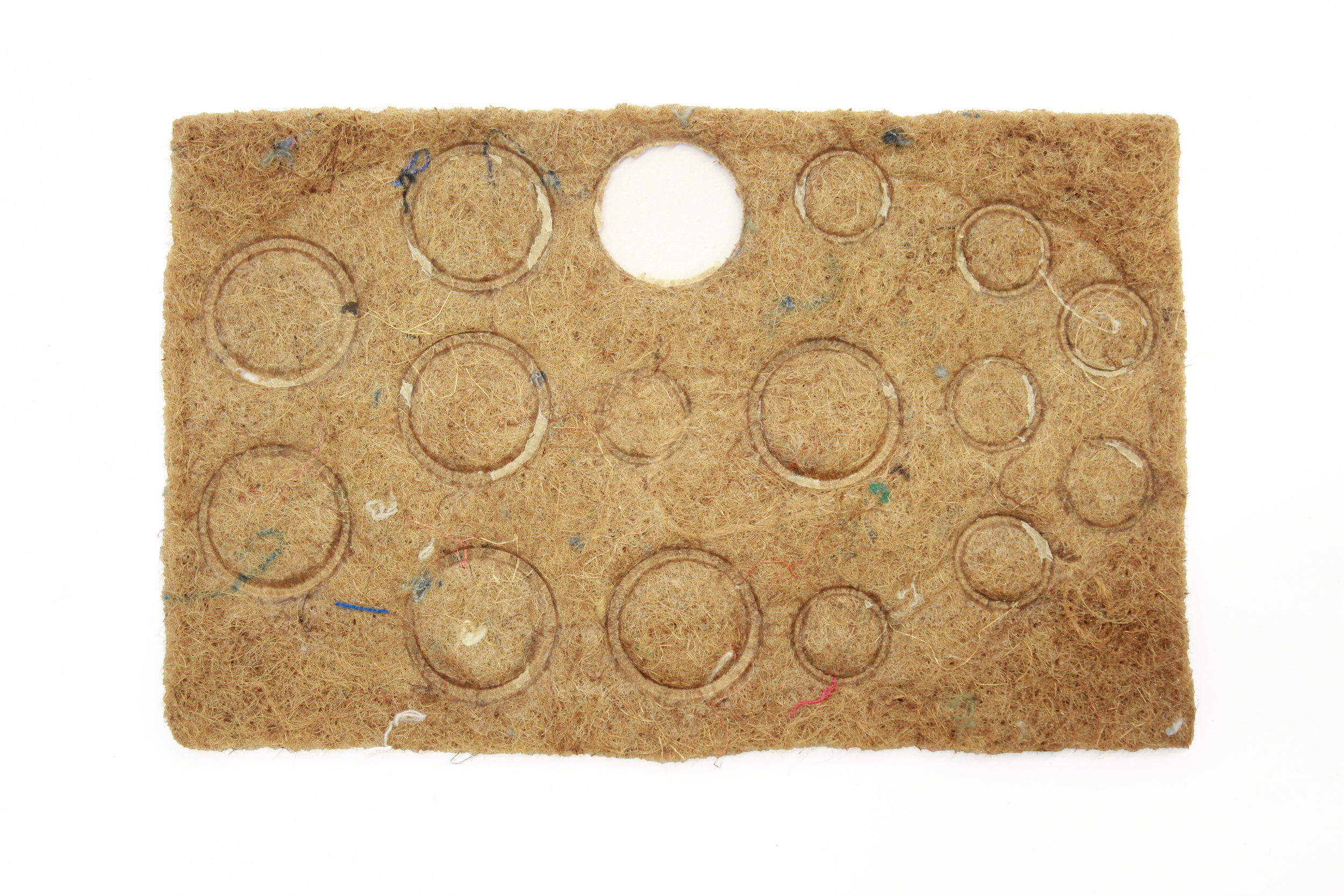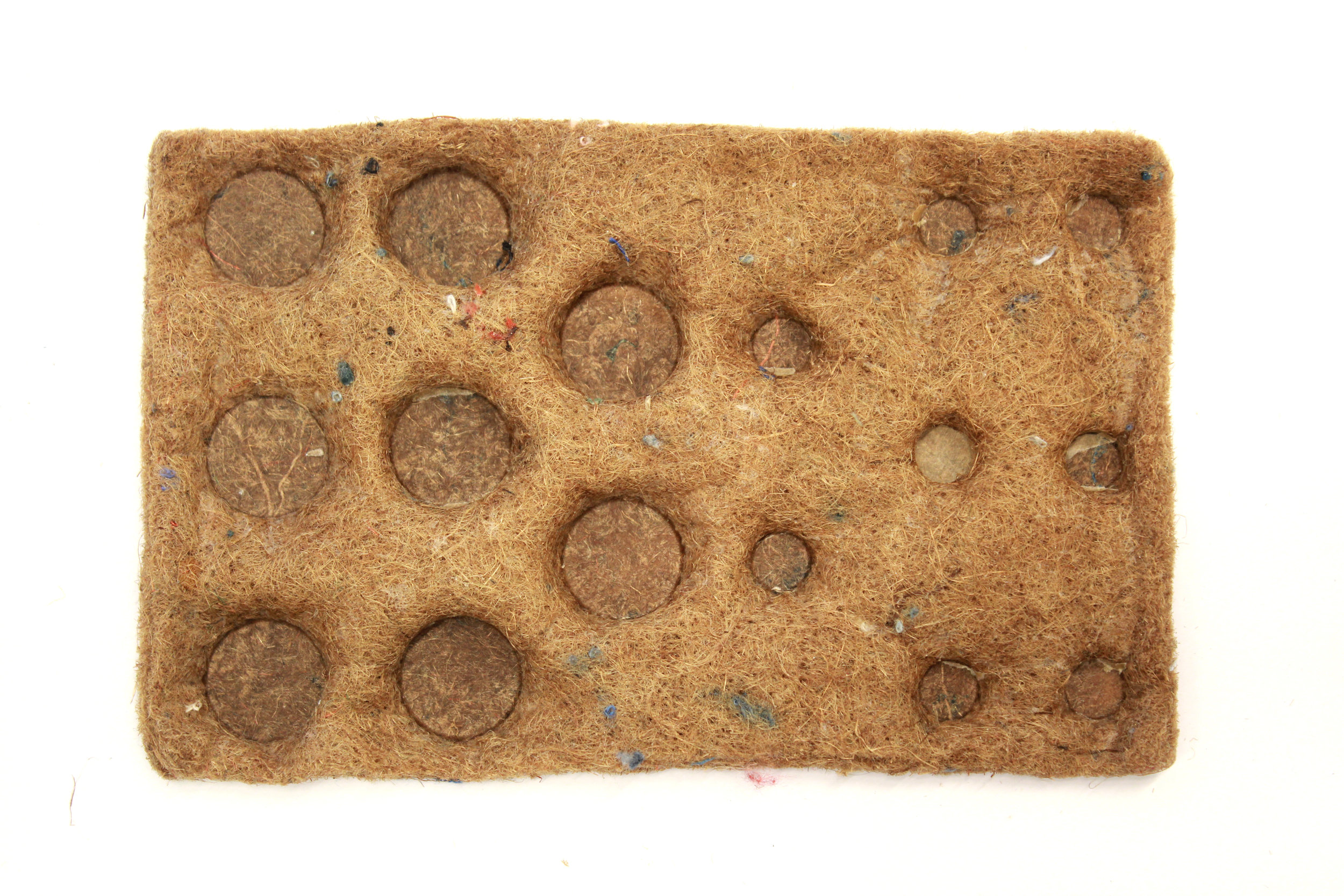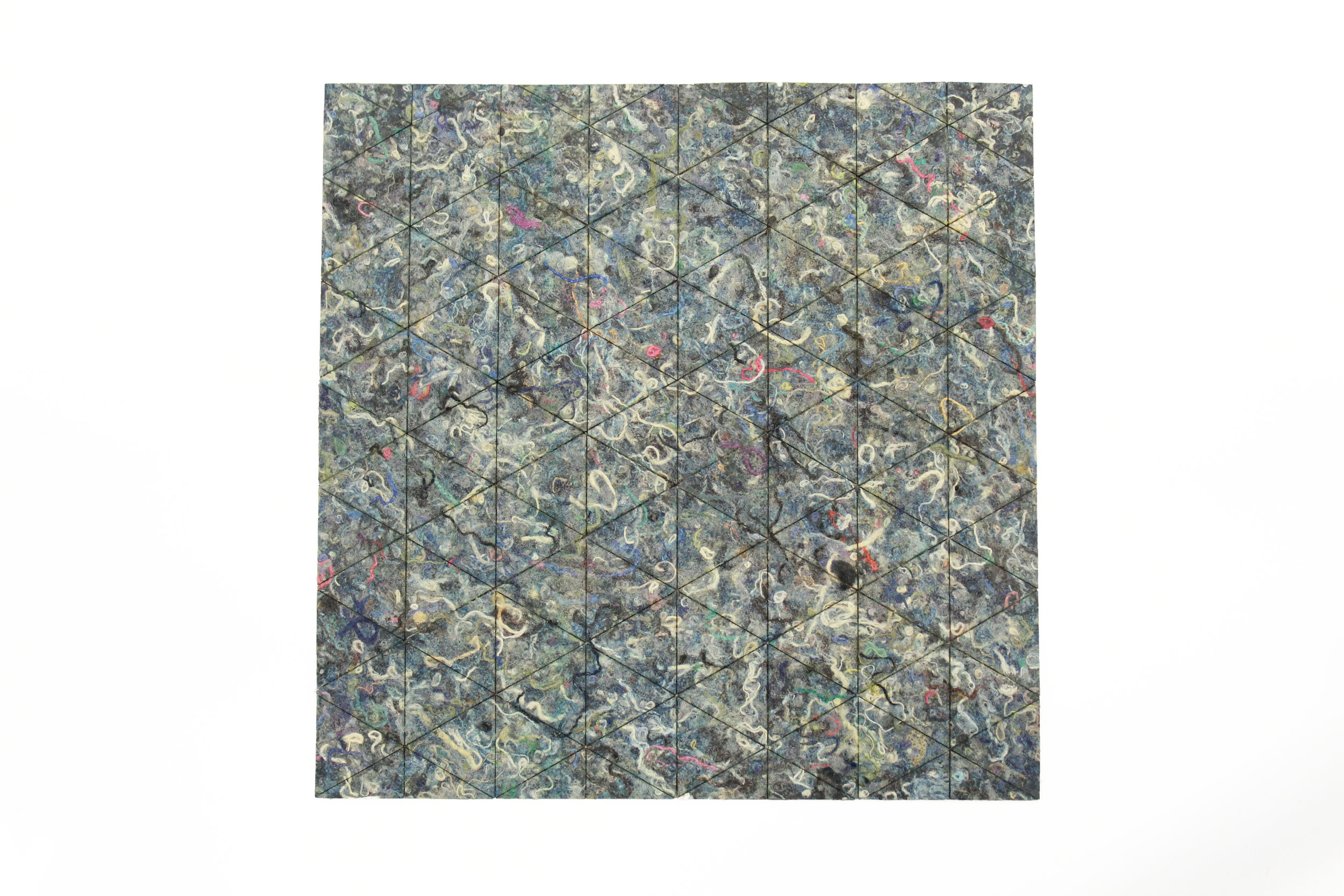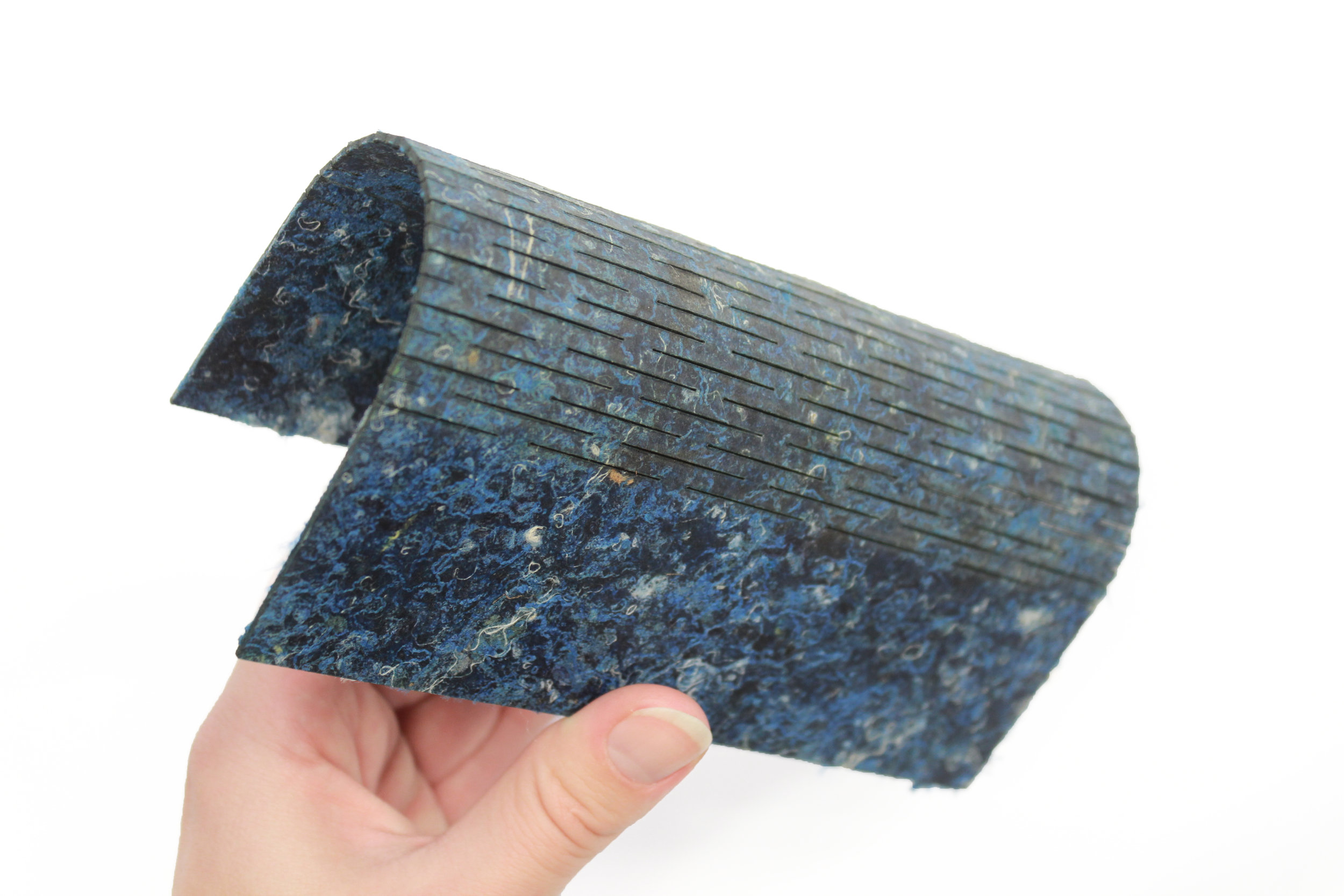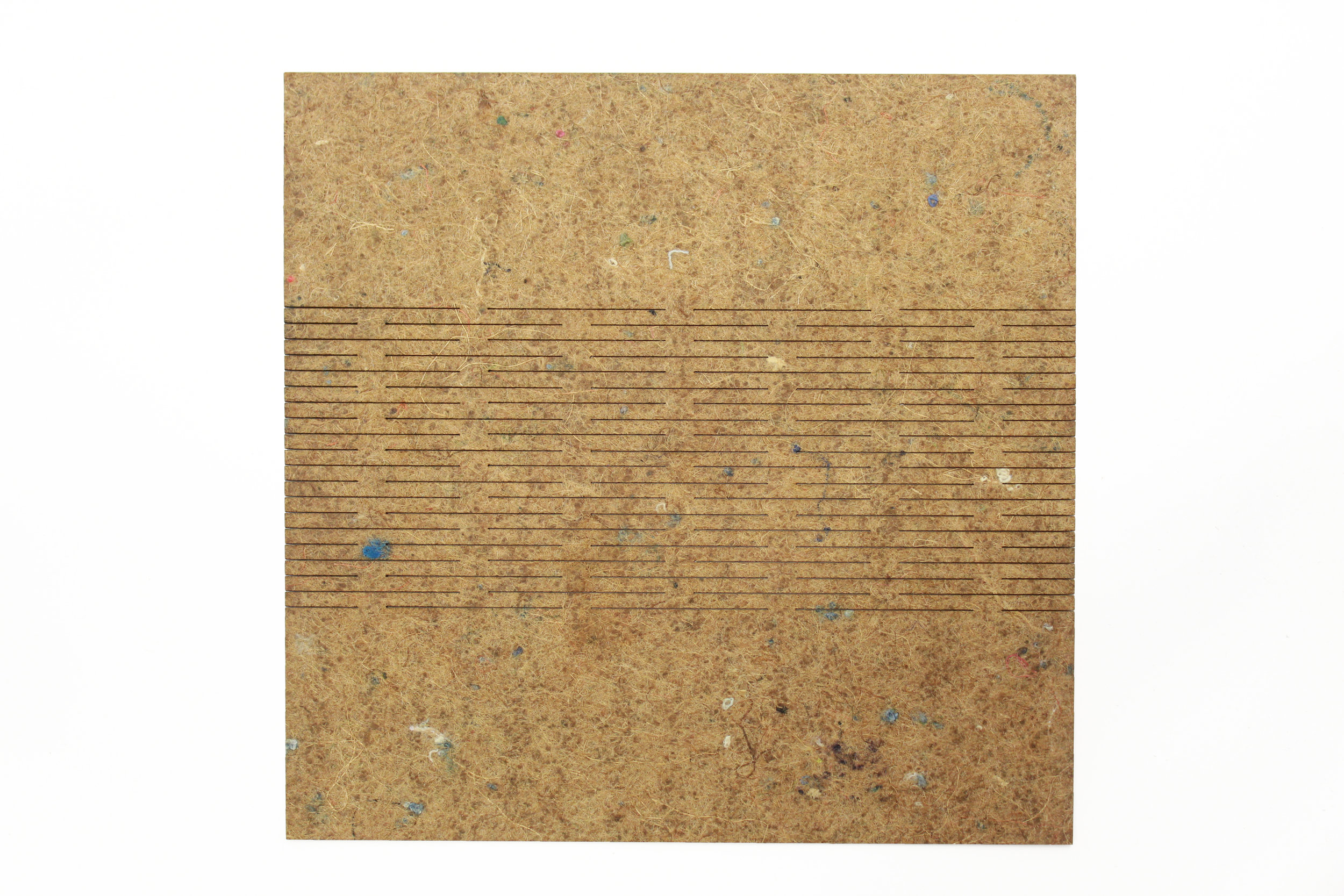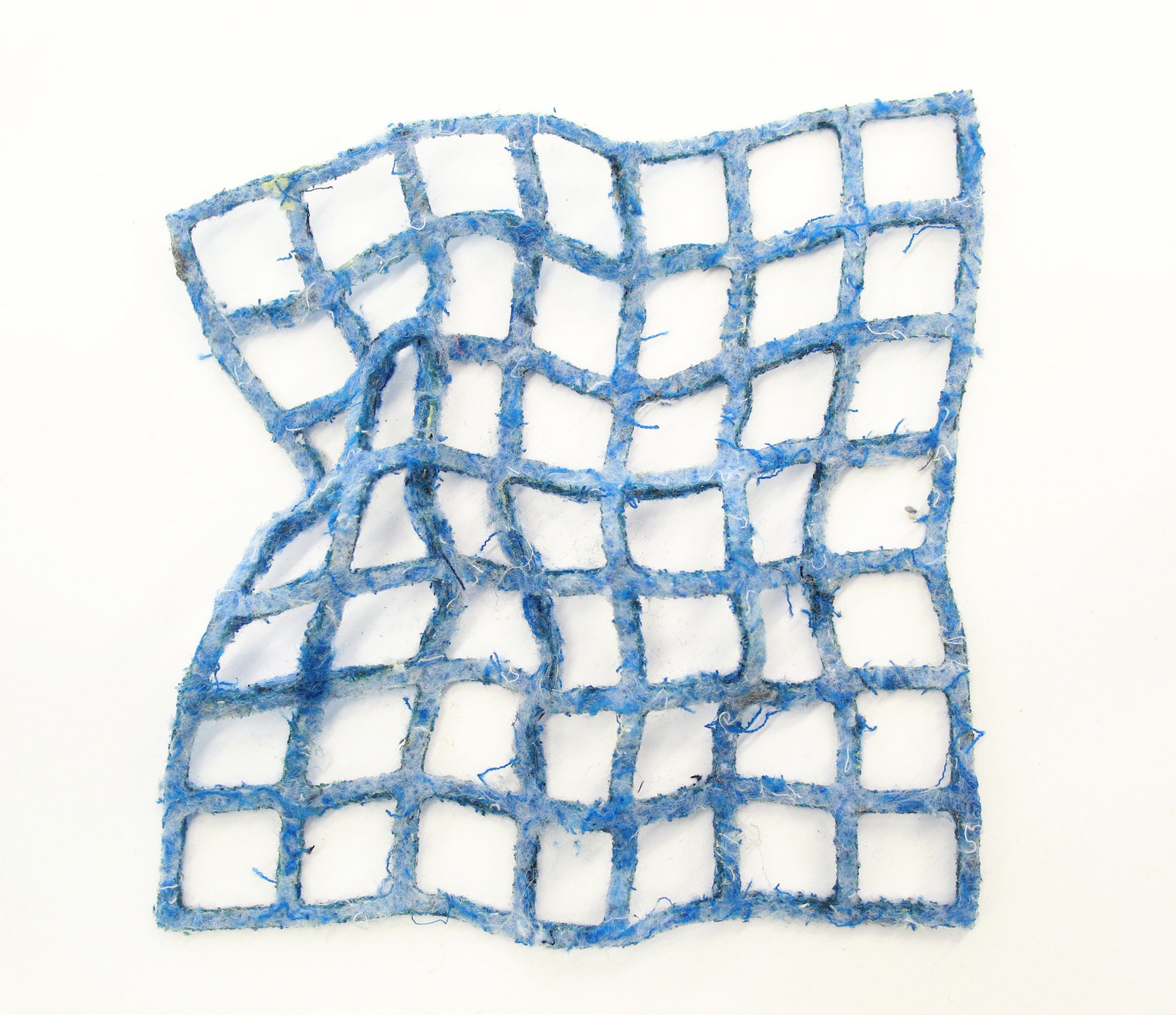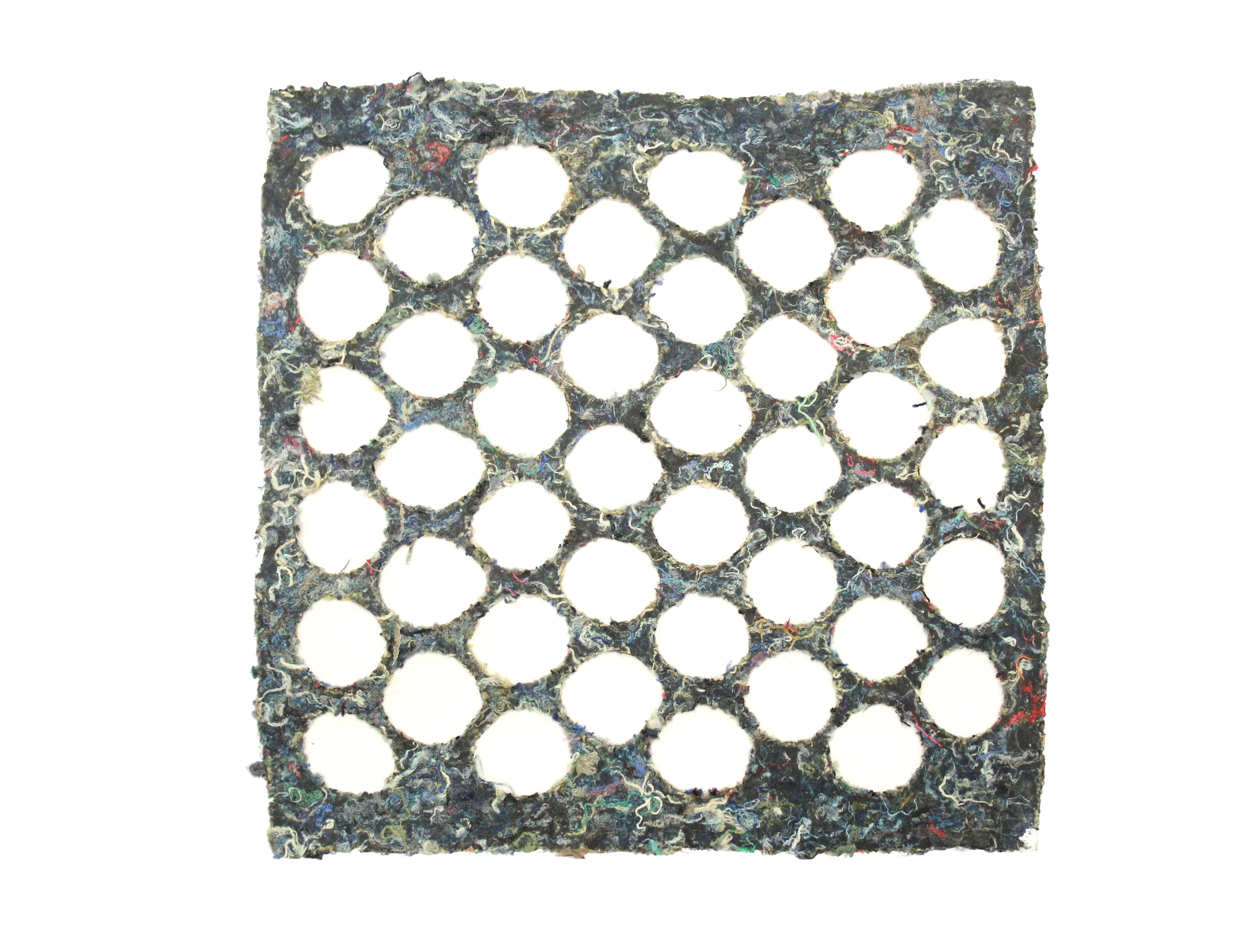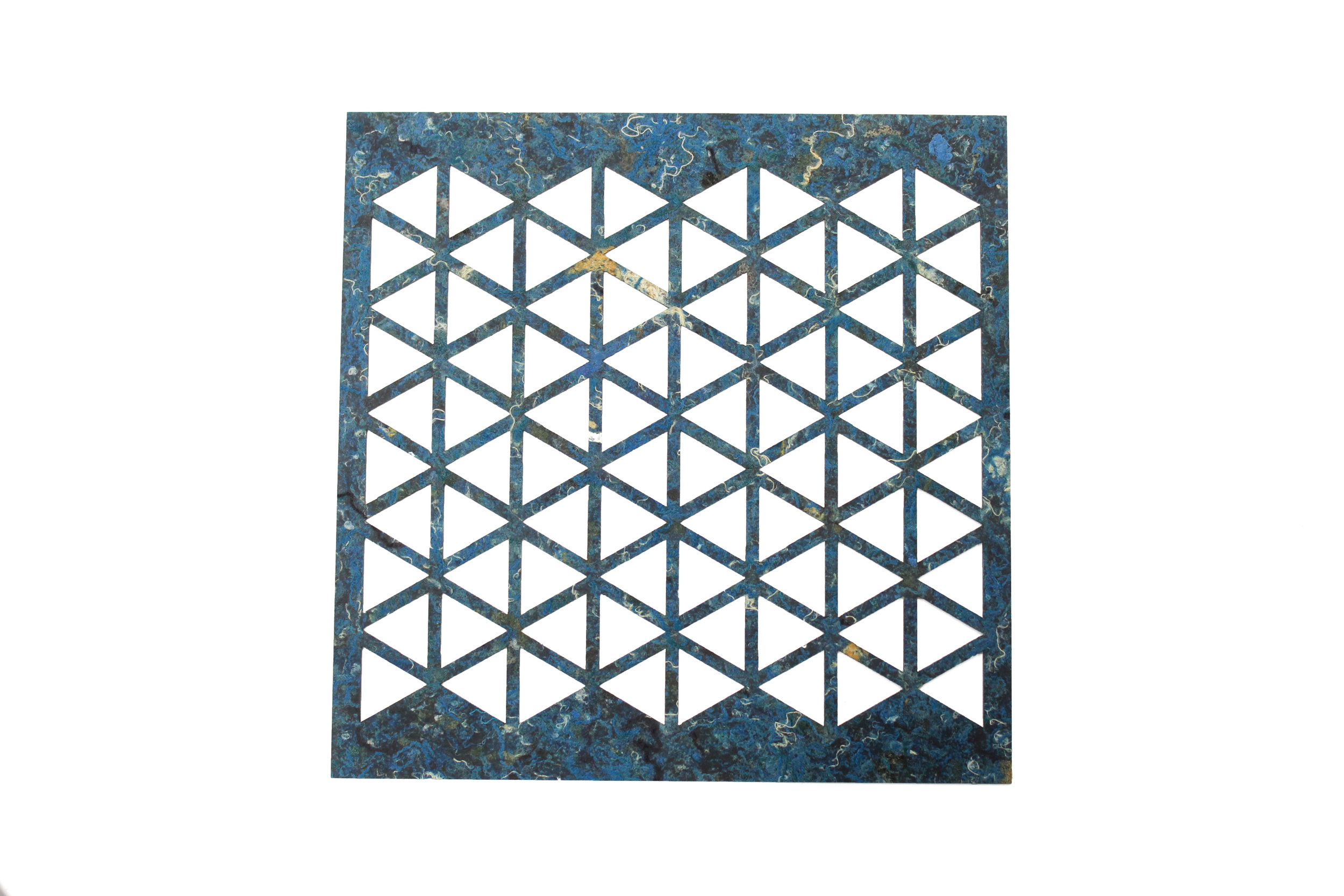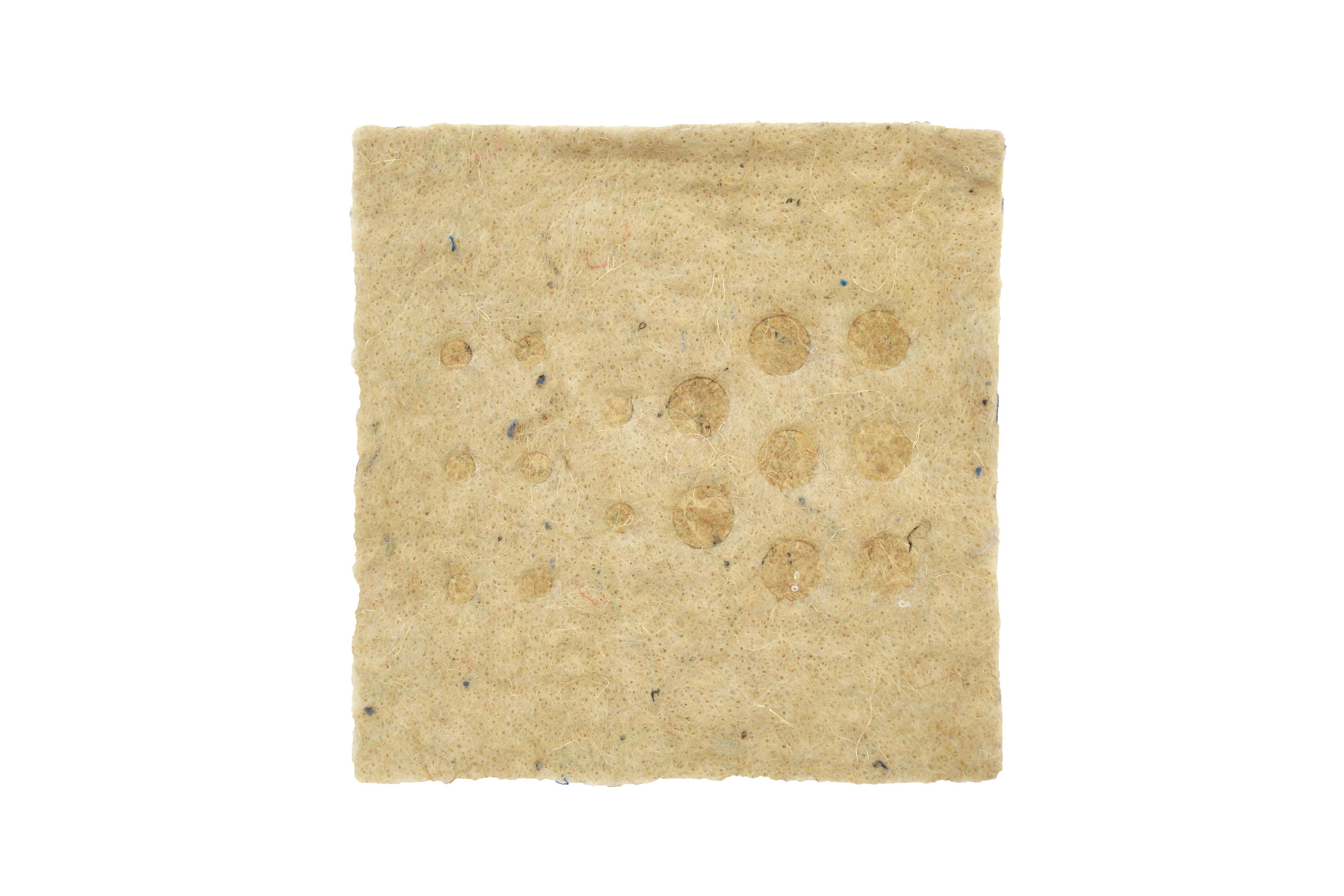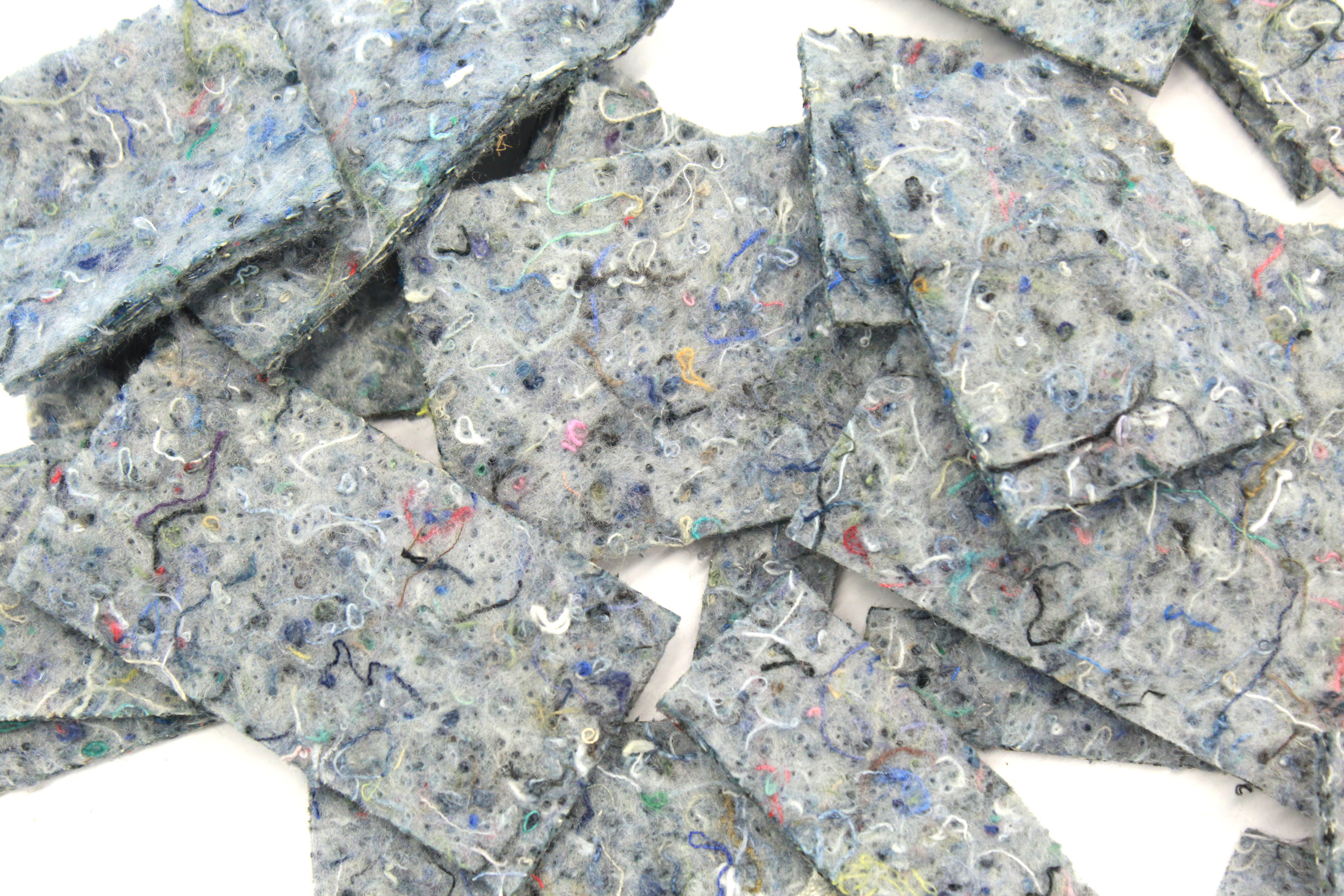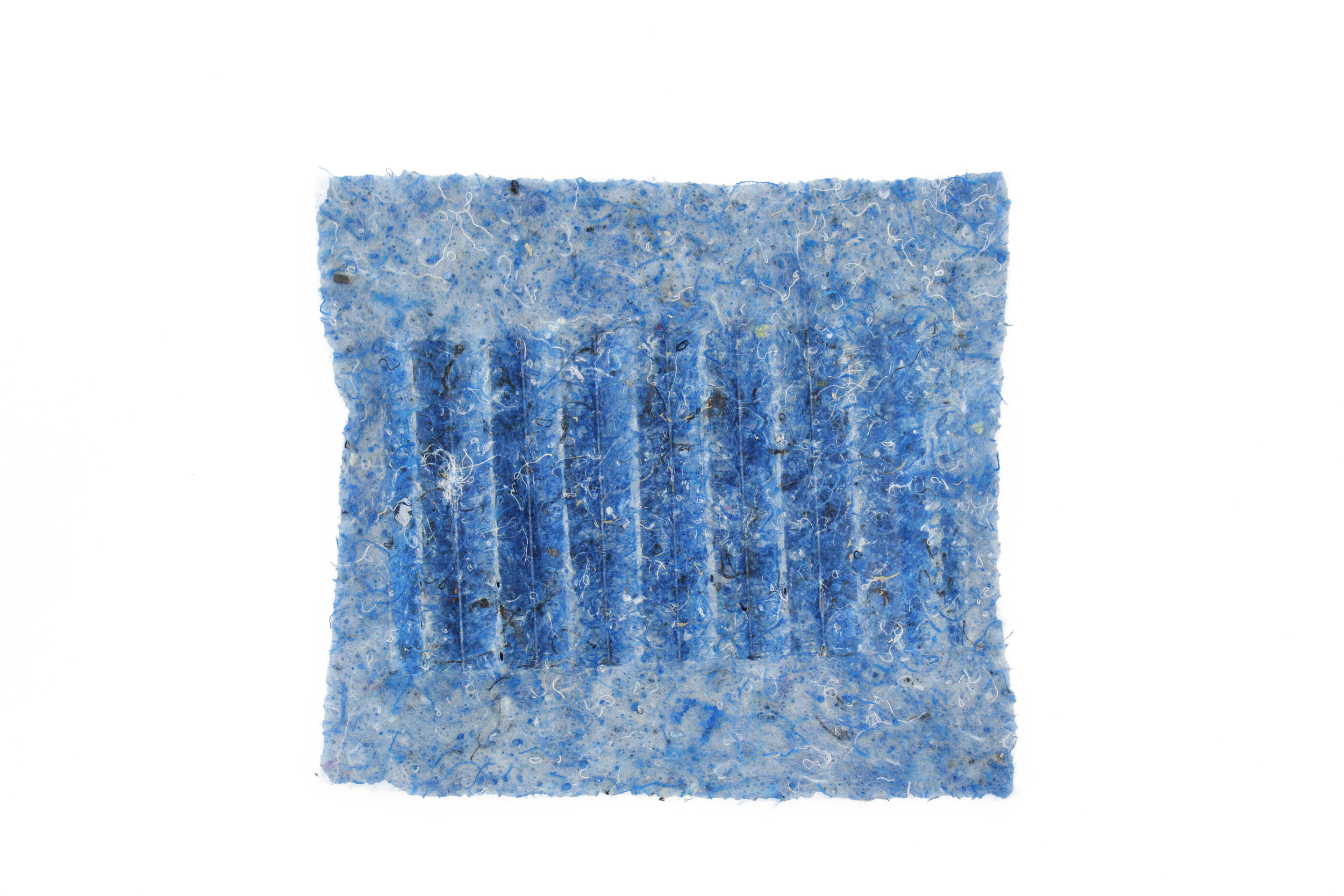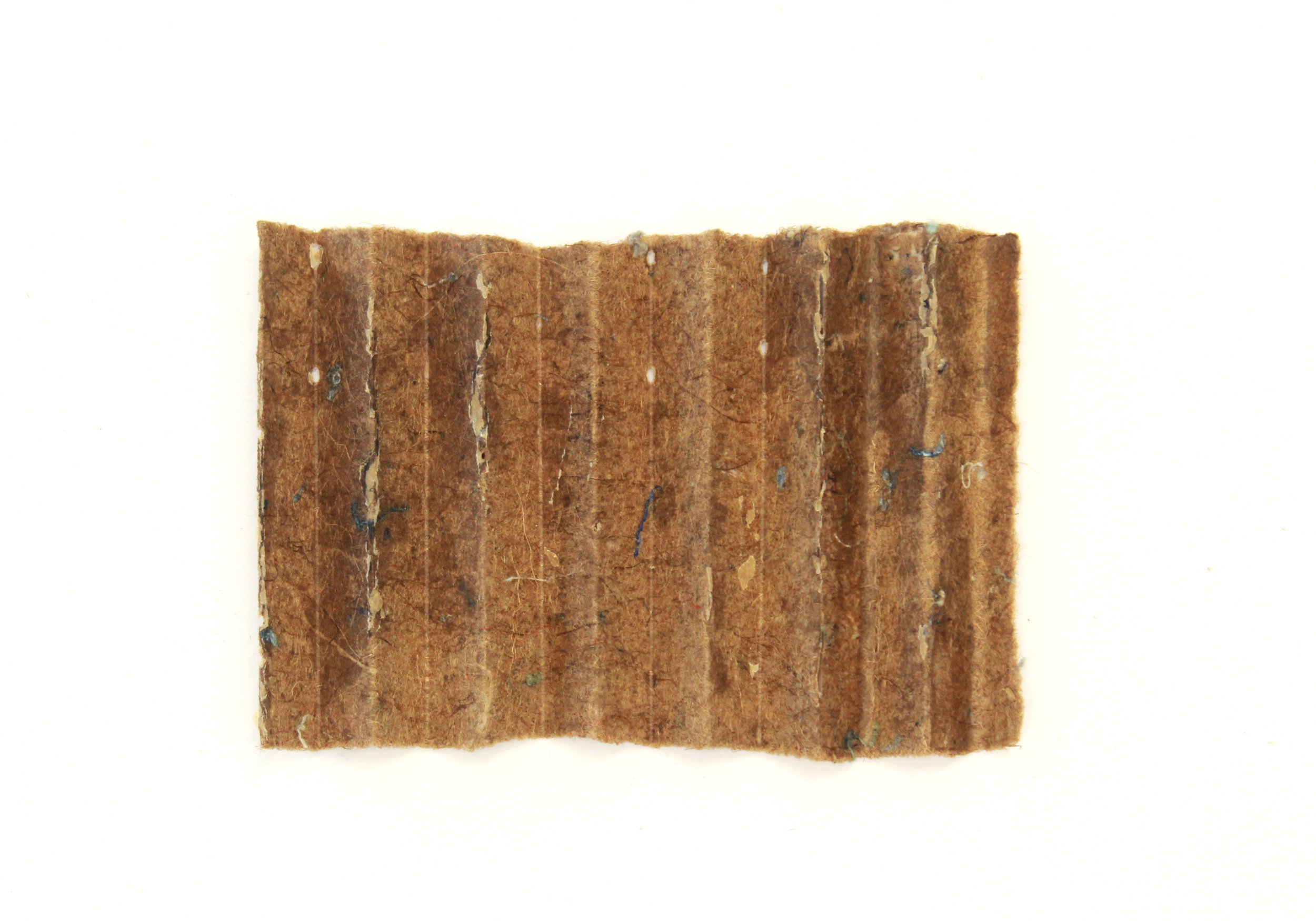RECURF
Re-using circular urban fibres and biobased plastics in urban products
In our consumption oriented society there is an increasing interest and attention for circular economy. Biobased materials and resources are increasing and recycling and upcycling are becoming more important processes in industry. New business models around re-using waste and value creation are being developed. The metropolitan city Amsterdam is focussing on these subjects and strives for a more circular city and waste chain.
The residents of Amsterdam produce an average of 17kg of textile waste per person per year. Of this, only 16% is collected separately. The rest end up as residual waste and will be incinerated. Only a part of the separated gathered textile is suitable for reuse or high quality recycling. The combination of textile waste fibres and bio-based plastics produce new materials with unique properties. Together with clothing collection organization Sympany, the AUAS is doing research to the possibilities of making lasting products with the discarded textiles of the inhabitants of Amsterdam. But also companies as Starbucks and Schiphol airport have textile waste flows; a unique circular product and business model arises by processing these for example in furniture for their own shops or departure and arrival halls.
RECURF is a collaboration with the Hogeschool van Amsterdam (HvA), various local SME’s and recently TU Delft is involved. The project focuses particularly on the possibilities to process the new material combinations of bio-based plastics and textile residues in attractive circular products for interior and exterior uses. Several material samples have been developed, so the main focus is to find suitable product applications for this material.
External Links
http://www.hva.nl/kc-techniek/projecten/item/recurf.html
https://amsterdamsmartcity.com/projects/recurf
Funded By
Regieorgaan Praktijkgericht Onderzoek SIA
Smart Industry, Netherlands
Industrie 2.0, Germany
Researcher
SupervisorS
COLLABORATORS
Prof. Inge Oskam
Kim Nackenhorst
Ir. M. Lepelaar
